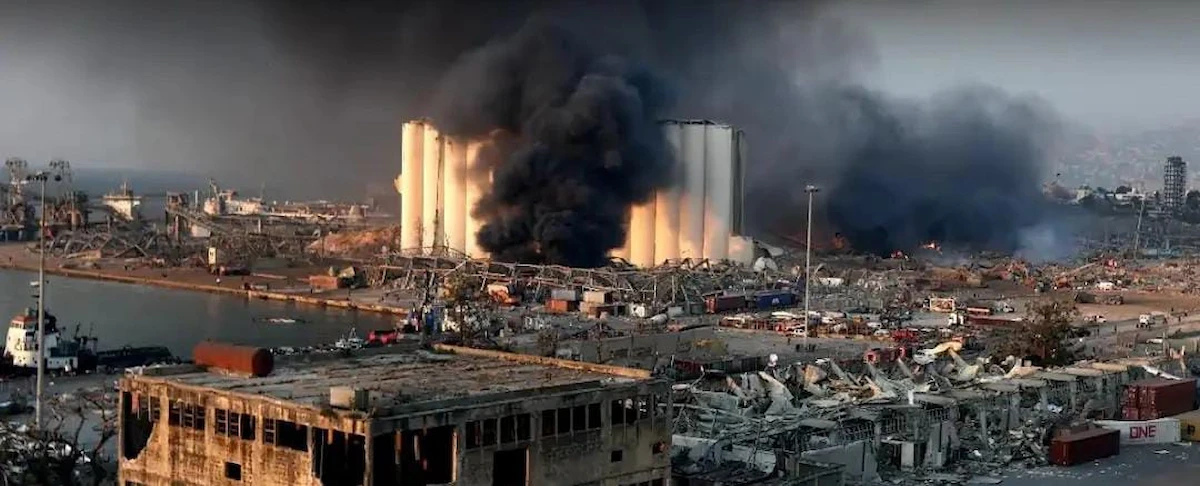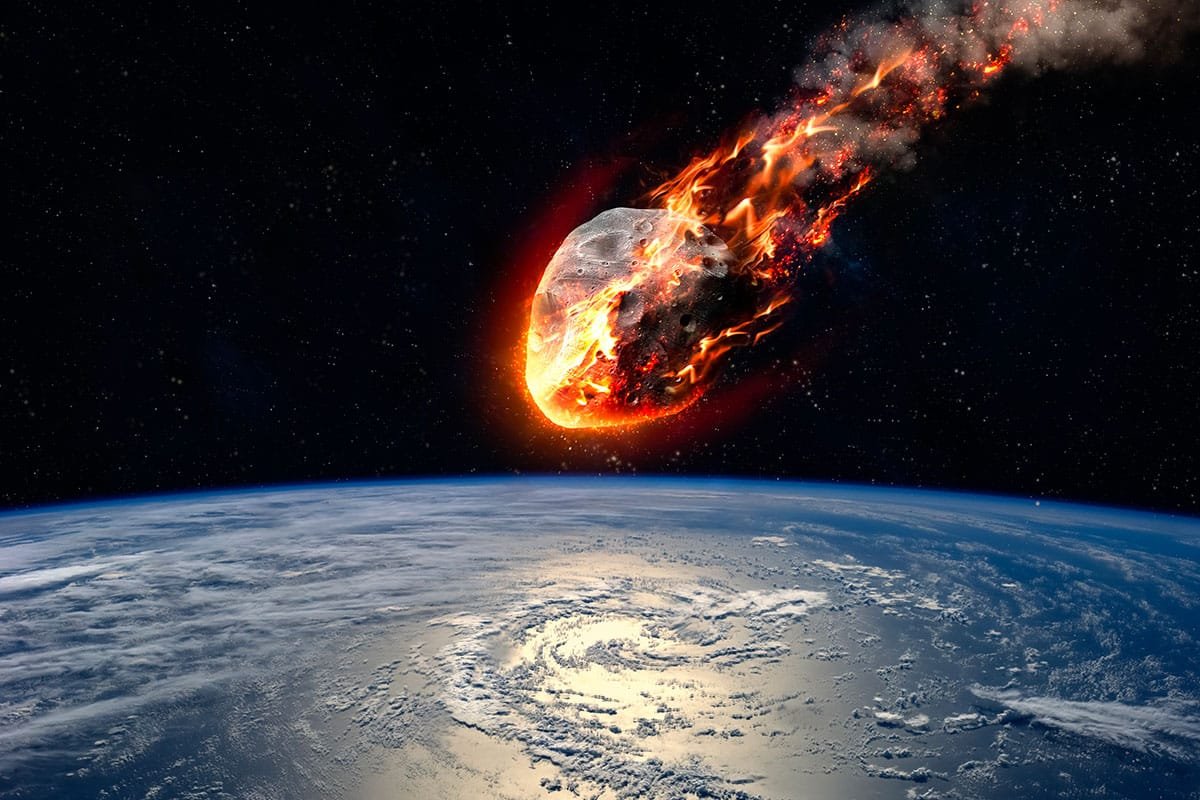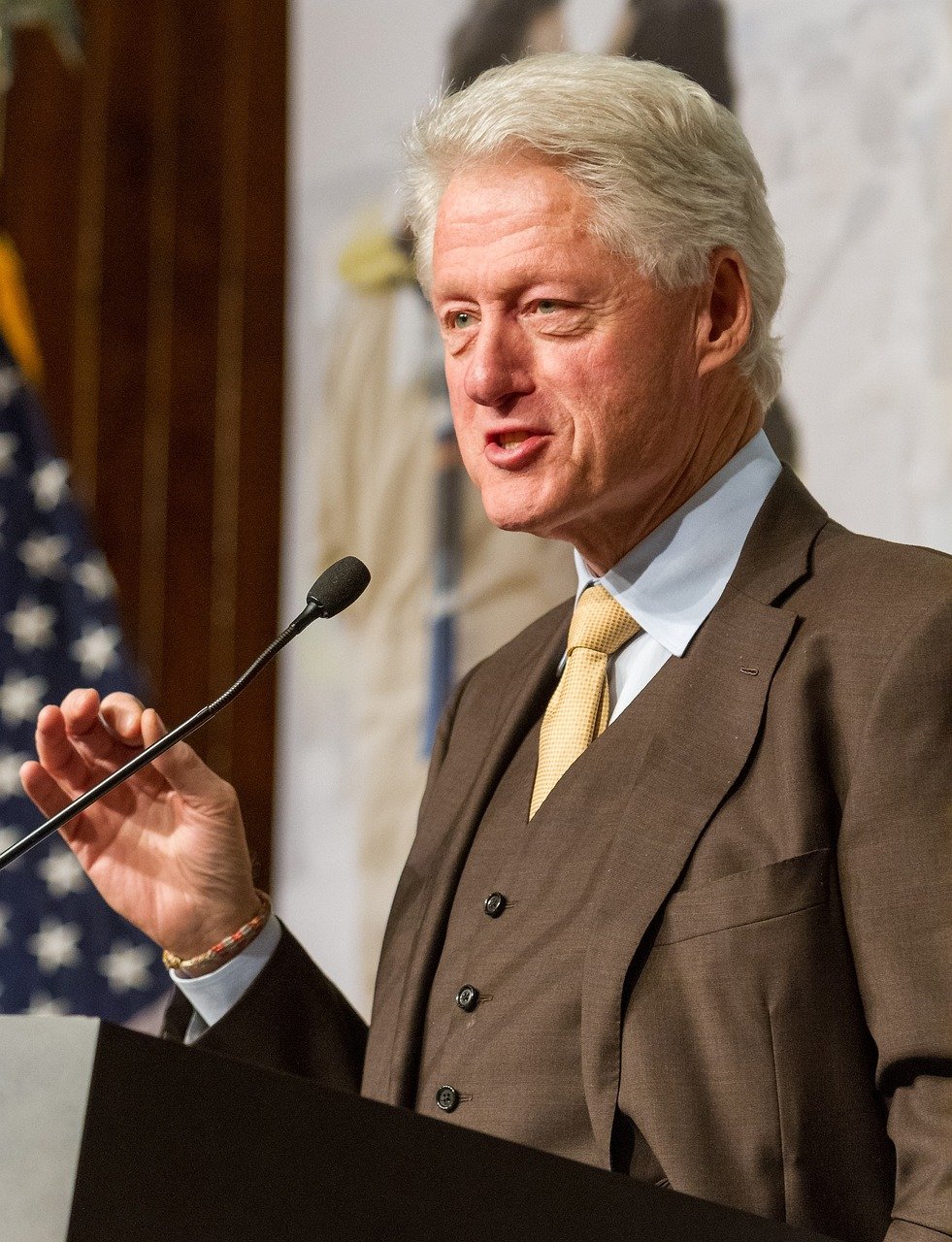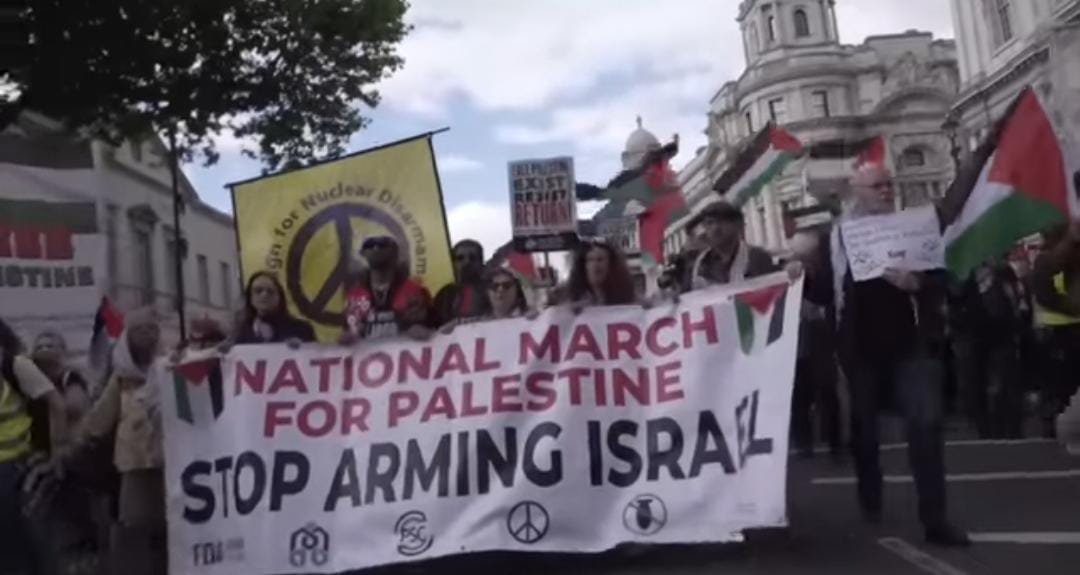Explore the military escalations between Lebanon-Israel during the Israel-Hamas War, focusing on strategic strikes and their implications for regional security.
Israel-Hammas war
Israel and Hamas have suddenly escalated into the most intense conflict, with violence having erupted very quickly. Reports indicate that thousands of people in southern Lebanon are fleeing their homes due to intense Israeli attacks, which have led to hundreds of casualties. The situation is dire, with Israel’s military announcing plans for further strikes against Hezbollah, the militant group based in Lebanon, which is only increasing the tension in the region.
Rising Death Toll in Lebanon During Lebanon-Israel war
September 23 saw at least 274 people killed, mostly children, in Israeli airstrikes. This is the deadliest incident since the war with Hezbollah almost twenty years ago. As of September 24, casualties over 550 people and thousands more have been maimed. The scale of the destruction is staggering and has created a humanitarian crisis with tens of thousands of residents fleeing their homes. The United Nations reports the displacement of thousands of individuals, with entire communities uprooted, roads congested by families searching for safety.
Displacement And Refugee Crisis
More families are now streaming out of southern Lebanon under increasingly perilous conditions. Many have little choice but to take all, leaving behind whatever they can, carrying bare essentials in hopes of escaping the violence. The displaced multitude has overwhelmed local infrastructure; public schools and improvised shelters are bursting at the seams, barely able to provide for basic needs. Hospitals too are under enormous pressure, with an increasing number of casualties that they face alongside scarce resources.
Further, the crisis has even worsened because Hezbollah retaliated by rocket attacks to the north of Israel, causing a cycle of violence, making it even harder to stabilize that place. Hostilities have caused an atmosphere of fear, and families caught in the crossfire.
Global Concern and Response
International leaders have expressed grave concerns that the growing violence may escalate to a larger, regional war. The European Union issued stern warnings by describing the situation as “extremely dangerous” and stressing the urgent need for diplomatic intervention. Military officials of Israel have stated that they will continue their operations until Hezbollah is utterly neutralized. This leaves one with the frightening thought of a long-term conflict with other regional players.
Based on these circumstances, humanitarian actors began calling for an immediate ceasefire to open up the way for aid delivery and rescue civilian lives as well. The fear of increasing humanitarian losses increases unless something drastic is done soon.
U.S. Involvement and Response
As the conflict intensifies, the United States prepares for mobilization of resources with the aim of putting its nationals in that region on a safer side. The U.S. officials are closely monitoring the situation and have expressed their worries on the current Israeli military strategy which might incite further escalations of a major conflict. It stresses deescalation in this case and appeals to Israel to consider humanitarian concerns for such action, so as to reduce tensions between Israel and Hezbollah and to avoid further damage and loss of life.
Much of the suffering that is directed towards the families is the uncertainty about what will happen to them in the future since the violence has taken a whole new dimension and does not appear to come to an end.
The children suffer the most during the conflict as they live with permanent fear, and its psychological effects will be long-lasting in terms of their own well-being.
FAQs
1. Why is there a war between Hamas and Israel?
These underlying roots are deep, multifaceted, and historic, linked to territorial disputes, past political grievances, and cultural tensions. Specific incidents of violence and military operations by both sides have triggered the latest escalations and fed into the pattern of ongoing conflict.
2. Who is Hezbollah?
Hezbollah is a Shia Islamist political organisation and militant group based in Lebanon. The group was founded in the early 1980s and has received considerable support from Iran. Hezbollah has battled Israel on more than one occasion and is classified as a terrorist group by several countries; however, it does maintain a recognised status as a political party in Lebanon.
3. Why are people fleeing southern Lebanon?
The attacks of Israel on Hezbollah are making a situation increasingly urgent and dangerous for residents from places in seeking safety. The citizens will leave with only what they have on, fearing about the survival and the destruction of their surroundings.
4. How is the international community to the Conflict?
The international community, with the United Nations and the European Union, has condemned the humanitarian crisis, calling for immediate ceasefires and diplomacy in concerted efforts to safeguard civilians and restore peace. The humanitarian aid organizations and others have called for access to affected areas so they can give necessary support to those affected.
5. What is the effect on civilians?
The war came with severe consequences for citizens, especially children, who are sensitive to the bombing menace and the losing of a home. Mass families become displaced; rather, they stay in overcrowded shelters or hit the streets, without food or water, or even health care.
Conclusion
The current Israel-Hamas war has caused deep wounds in Lebanon, and this country cannot help but see some of its very citizens uprooted and suffer hardships. The tension increases both in military and diplomatic efforts with the way to a peaceful resolution becoming increasingly cumbersome. The international community needs to take proactive steps to search for solutions that more deal with humanitarian issues and have persistent stability in the region.
The world holds its breath as a country and waits for it to resolve its situation so it can have safety and security. The future path is unclear, but the commitment to peace, particularly protecting innocent lives, is of greater necessity now than ever.



